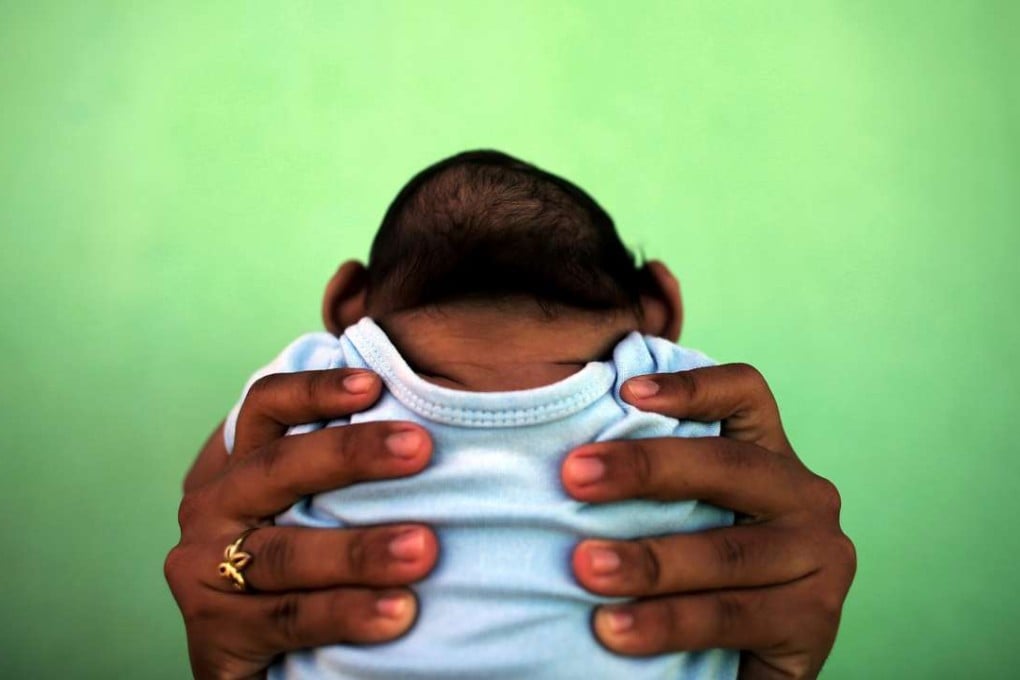Lesson for Hong Kong: caring for animals is vital to human health
Way Kuo says a better understanding of the interdependencies between the two will inspire us to care more for animal welfare

Say anything about Hong Kong, but for all its faults – the air quality, high property prices or lack of space – you can never accuse it of being dull.
One thing still lacking, though, is an acknowledgement that animals are important in our lives. It’s not that Hong Kong has no capacity for love and compassion. But can we extend our compassion to animals? Can a city truly be called modern if it fails to appreciate the complex relationship between humans and animals?
City University’s plan to include food safety in a veterinary course could be good for Hong Kong
One of the aims at City University is to highlight how taking the lead in veterinary medicine can be a great boost to Hong Kong. Veterinary training can help combat zoonotic diseases (those that can spread between animals and humans). It can contribute to food safety, too, and enhance food production through aquaculture, the world’s fastest developing food source.
Around the world, a third of the global population has no access to electricity. Entrenched poverty and inequality mean billions have inadequate or no access to clean water, schools and medical care. Under such conditions, the likelihood that diseases such as severe acute respiratory syndrome and Zika will break out increases.

Legacy of Sars leaves Hong Kong better prepared for Ebola fight
As we recall from the Sars crisis in 2003, a disease can rapidly spread via animals and infect human populations living in “modern” cities, with tragic results.